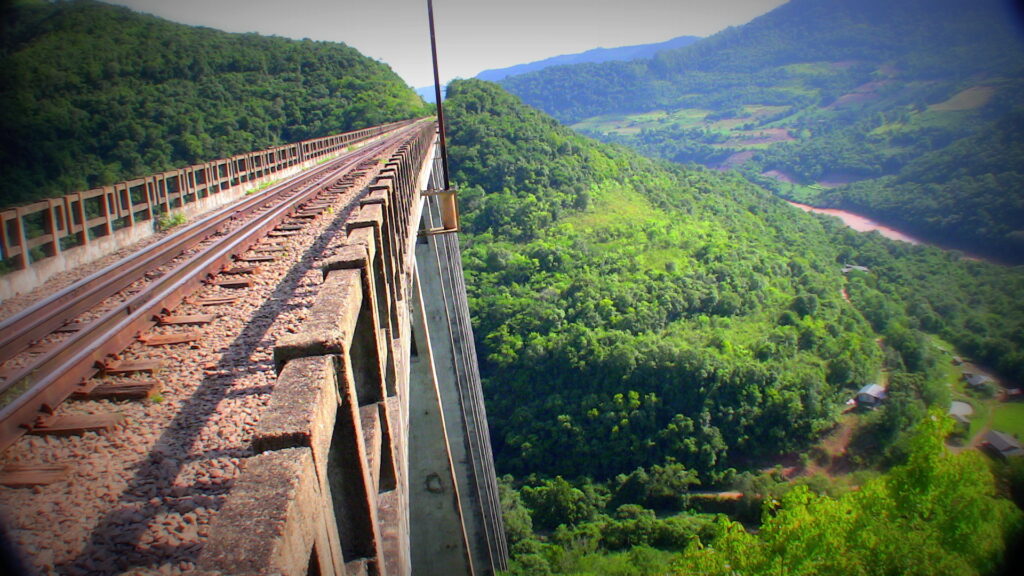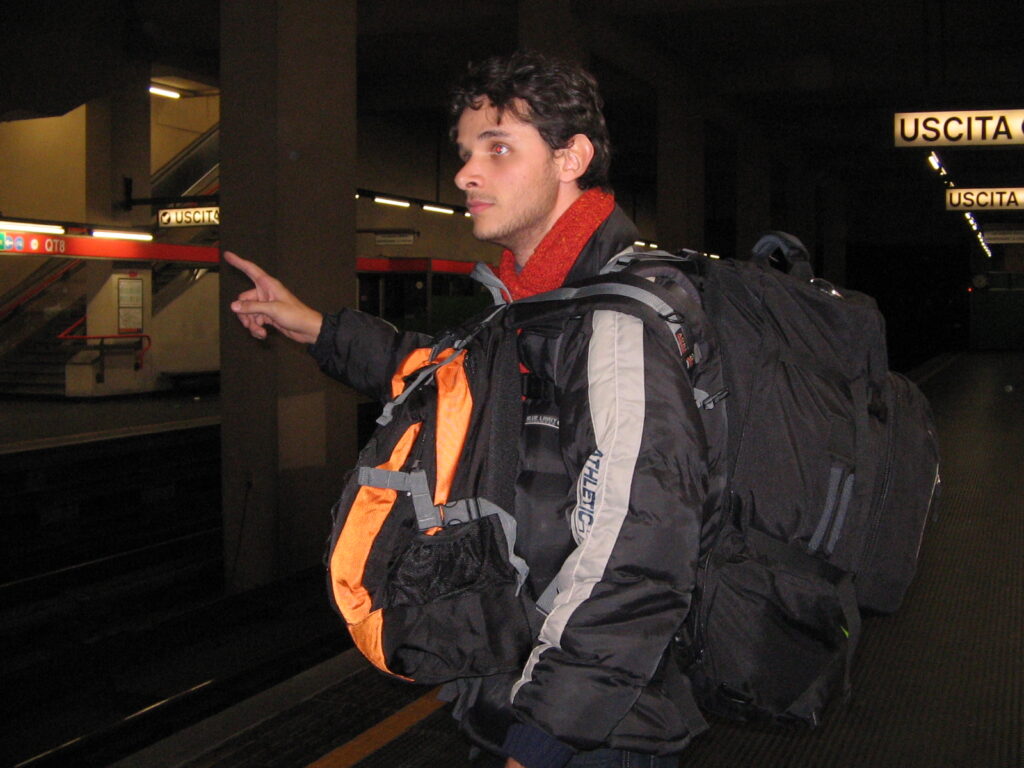
I am still breathing, which feels like decent breaking news. Chris McCandless is not. That detail hit me only a few months ago, even though he checked out over a decade back. His ride is chronicled in Jon Krakauer’s book and Sean Penn’s film Into the Wild. No spoilers here. Chris dies in the prologue too.
I ran into the story while my head was already juggling big feelings. Folks love to label the guy without reading the footnotes. Online you will find every take from heroic dream‑chaser to flaky drifter with a loose screw. I am still standing in the aisle of that legendary bus, watching both camps argue, not sure which seat fits.
Risk is a coin toss
Chris tossed the coin. Heads gave him epiphanies, tails bit him hard. Smart dude, well read, still human. He reached a few conclusions, just not the ones he planned, and by then his clock had stopped.
The catch in his dream was nonnegotiable. No modern crutches. Family, car, IDs, cash, even his birth name, all gone. Hard to call that right or wrong until you see where the breadcrumb trail ends. For him it was simply part of the blueprint.
A quick detour
Someone accused me of being obsessed with “wild” lately. Guilty. I ranted about it in another piece over here. Evolution breeds some odd backslides. People pretend they get themselves.
So is wandering into unknown terrain with duct‑tape gear and half‑baked prep just a loud way to sign your exit papers? Maybe. Same odds as chain‑smoking, binge‑drinking, or commuting by bike in Brazil.
Humans need rulebooks to keep from nuking the joint. Do not smoke. Do not drive drunk. Do not do drugs. Do not lie. Do not kill. Do not off yourself. We still rip the warning labels off, bend the jail bars, pitch the rulebook out the window, occasionally launch a toddler after it. Funny how we never jump ourselves.
Chris was that rule‑breaker in high‑definition. He even warned everybody he might not be coming back. He did not. The tale did, though, and that might be the point.
Trying to hack the world
The guy questioned the script most people follow. Maybe he aimed to change the world, but “world” here was personal, bite‑sized. Everything and everyone inside his bubble. He just misjudged how much a single decision can rewrite that bubble.
Nobody in his circle fully backed the plan. Makes sense. They wanted a cameo in his future and he was busy slashing pages from the script.

